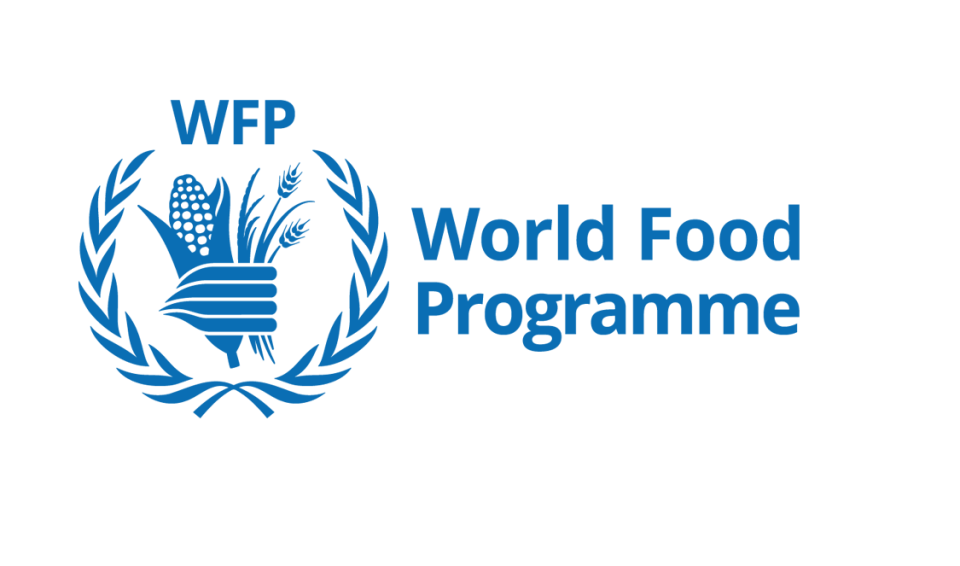Food and Agriculture Organisation, FAO, United Nations International Children’s Emergency Fund, UNICEF, and World Food Programme, WFP, have claimed that currency devaluations, soaring inflations, stagnating production, and trade barriers have worsened the food crisis in Nigeria, Ghana, Sierra Leone, and Mali.
According to a joint statement, referred to the March 2024 Cadre Harmonisé food security analysis released by the Permanent Inter-State Committee for Drought Control in the Sahel, CILSS, FAO, UNICEF, and WFP pointed out that nearly 55 million people in West and Central Africa will struggle to feed themselves in the June-August 2024 lean season.
The statement reads, “This figure represents a four-million increase in the number of people who are food-insecure compared to the November 2023 forecast and highlights a fourfold increase over the last five years.
“The situation is particularly worrying in conflict-affected northern Mali, where an estimated 2,600 people are likely to experience catastrophic hunger (IPC/CH phase 5).
“The latest data also reveals a significant shift in the factors driving food insecurity in the region, beyond recurring conflicts.
“Economic challenges such as currency devaluations, soaring inflation, stagnating production, and trade barriers have worsened the food crisis, affecting ordinary people across the region with Nigeria, Ghana, Sierra Leone, and Mali being among the worst affected. Prices of major staple grains continue to rise across the region from 10 per cent to more than 100 percent compared to the five-year average, driven by currency inflation, fuel and transport costs, ECOWAS sanctions, and restrictions on agropastoral product flows.
“Currency inflation is a major driver of price volatility in Ghana (23%), Nigeria (30%), Sierra Leone (54%), Liberia (10%), and The Gambia (16%). West and Central Africa remain heavily dependent on imports to meet the population’s food needs. Still, import bills continue to rise due to currency depreciation and high inflation, even as countries struggle with major fiscal constraints and macroeconomic challenges.
“Cereal production for the 2023- 2024 agricultural season shows a deficit of 12 million tonnes, while the per capita availability of cereals is down by two percent compared to the last agricultural season.” Meanwhile, WFP’s Acting Regional Director for Western Africa, Margot Vandervelden, said, “The time to act is now. We need all partners to step up, engage, adopt and implement innovative programs to prevent the situation from getting out of control, while ensuring no one is left behind. We need to invest more in resilience-building and longer-term solutions for the future of West Africa.”
According to the UN agencies, malnutrition in West and Central Africa is alarmingly high, with 16.7 million children under five acutely malnourished and more than two out of three households unable to afford healthy diets. In addition, eight out of 10 children aged 6-23 months do not consume the minimum number of foods required for optimal growth and development.

